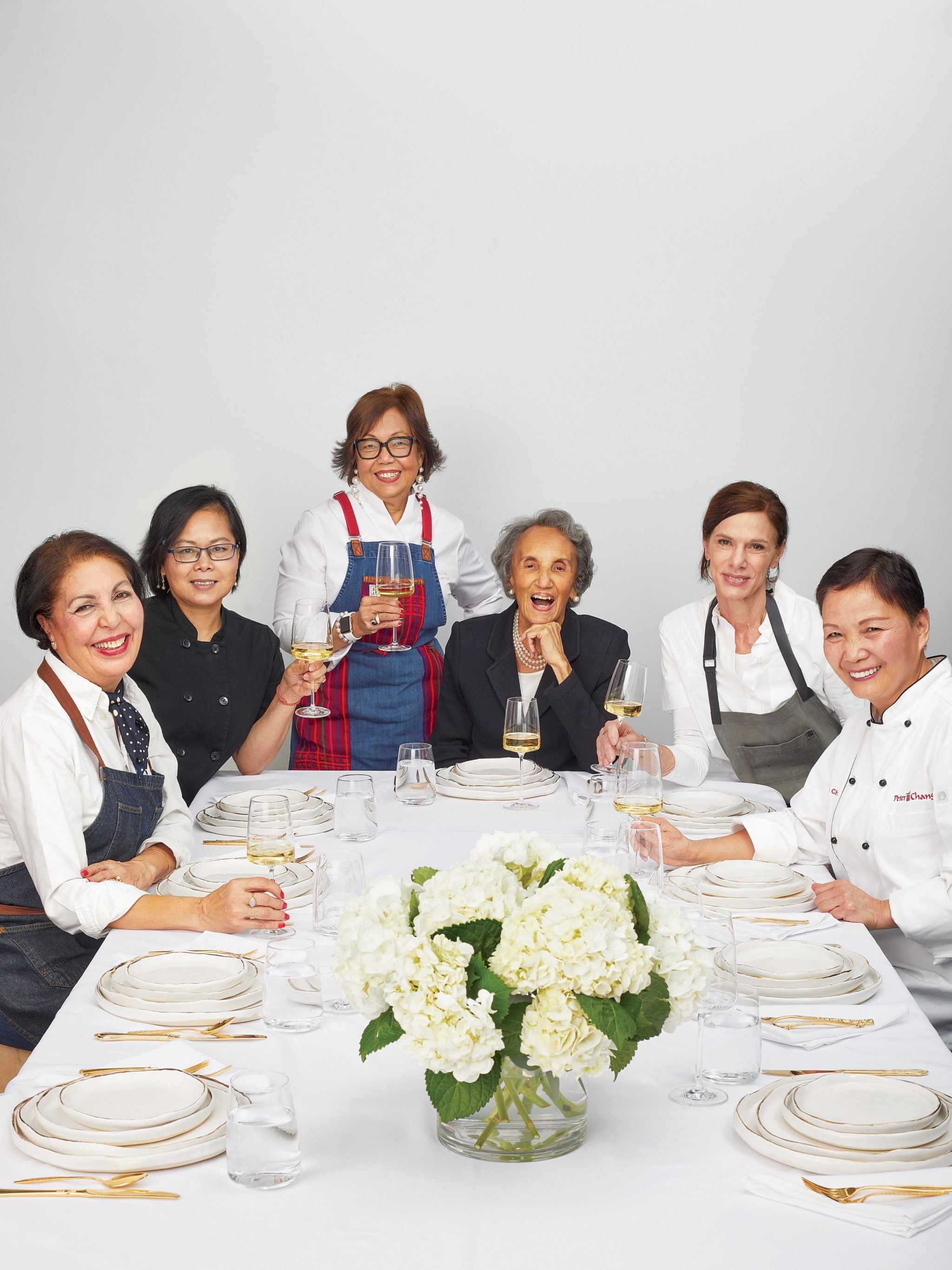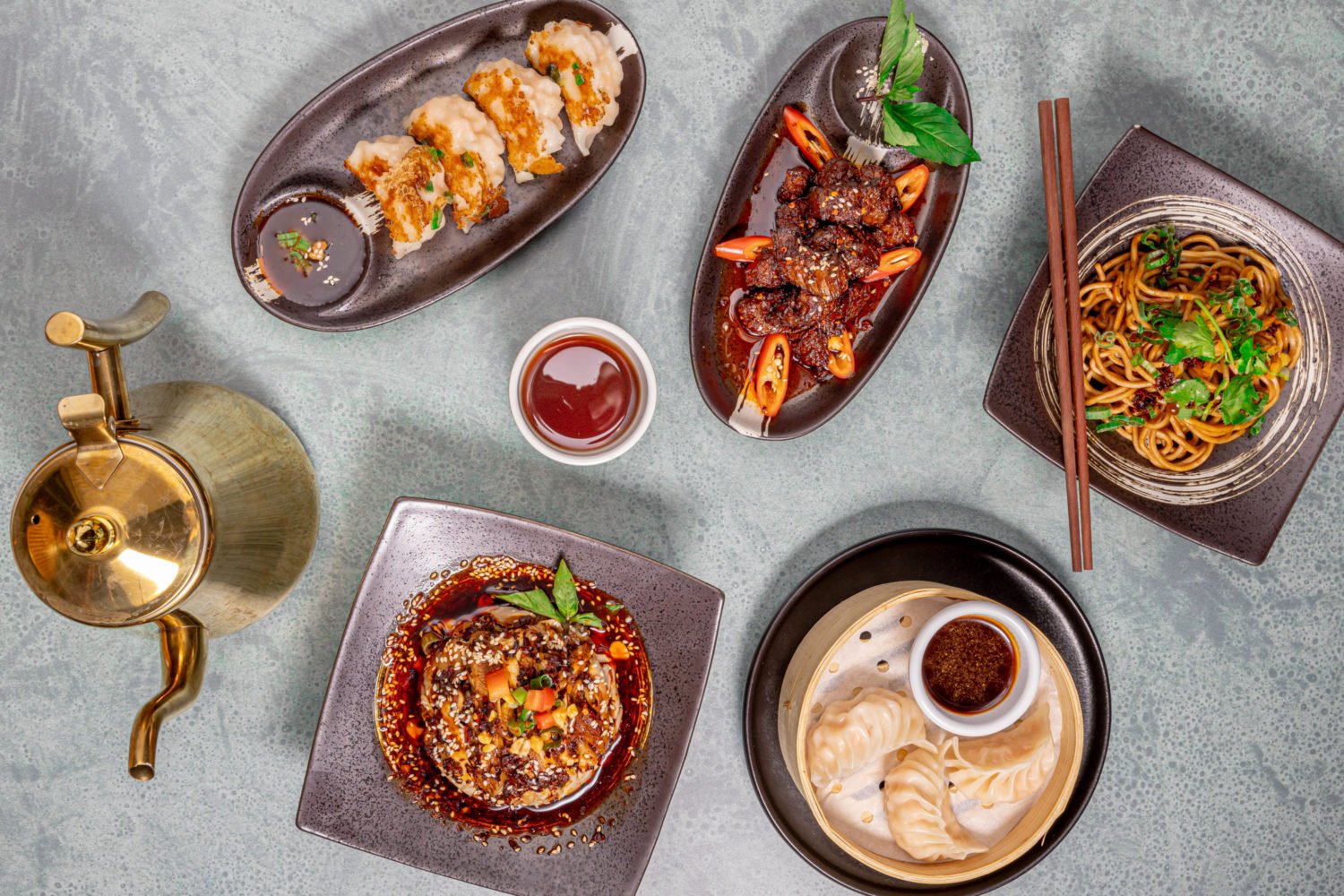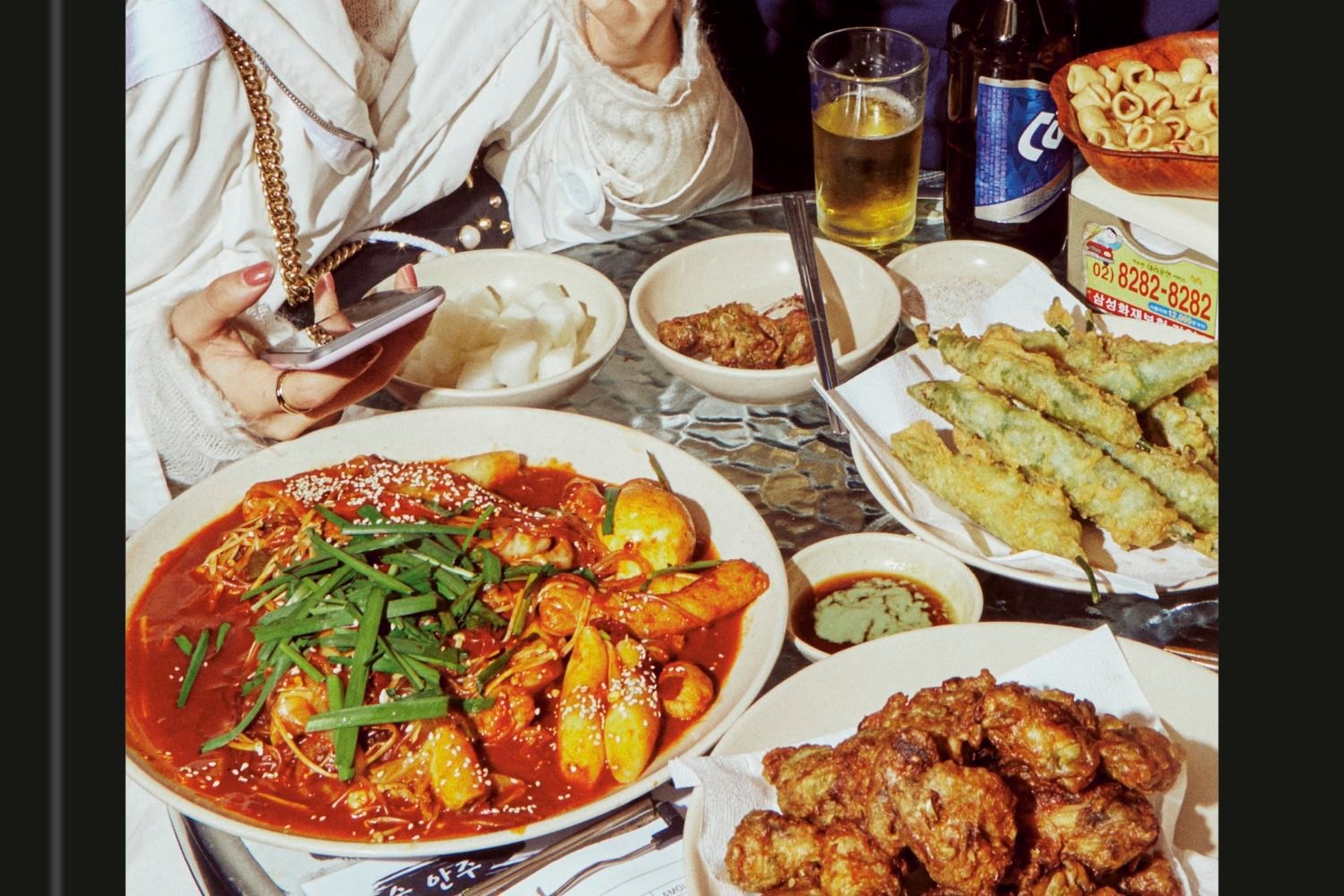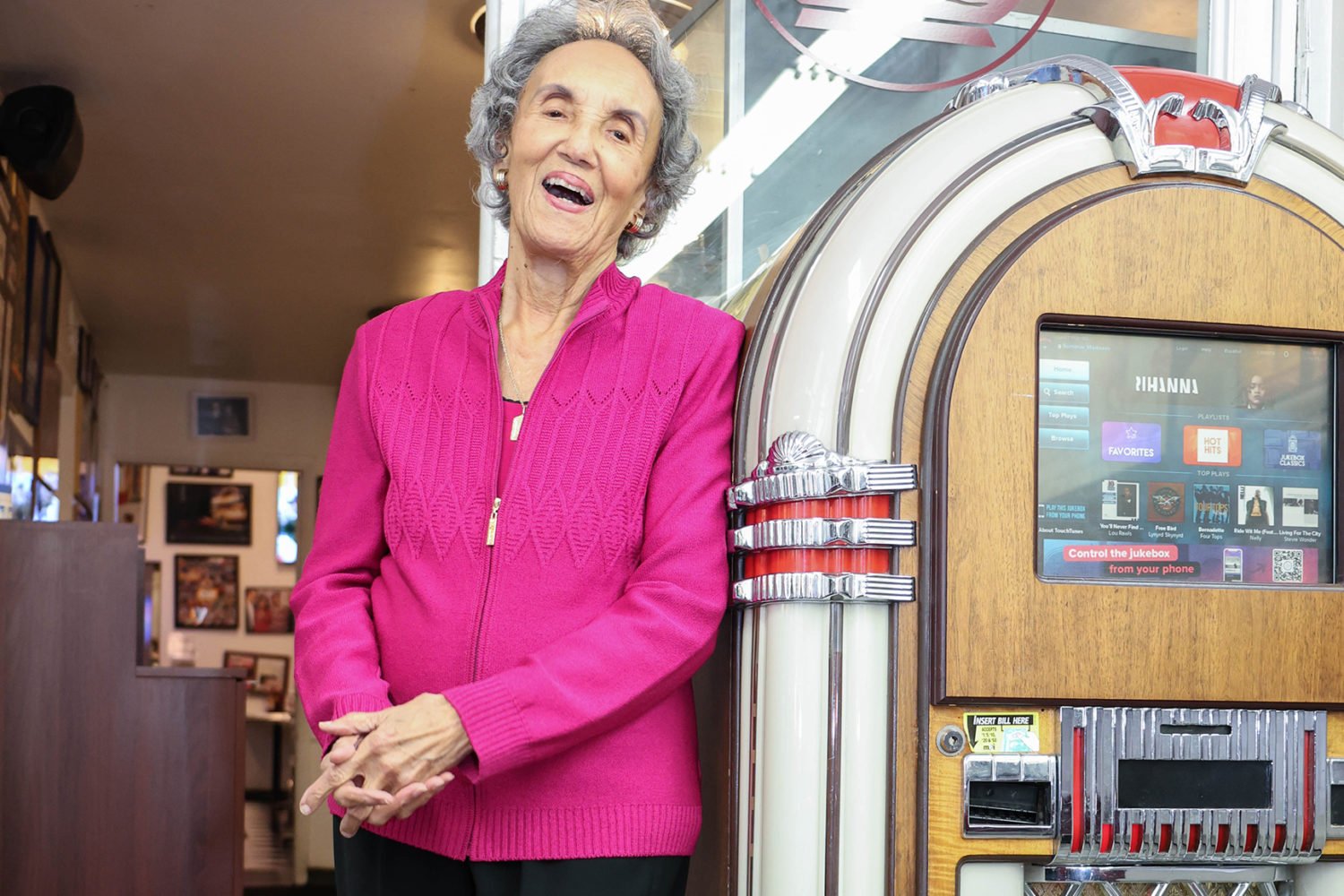Yesoon “Mama” Lee, 75
Chef/co-owner of Mandu in Mount Vernon Triangle and cofounder of Anju in Dupont Circle
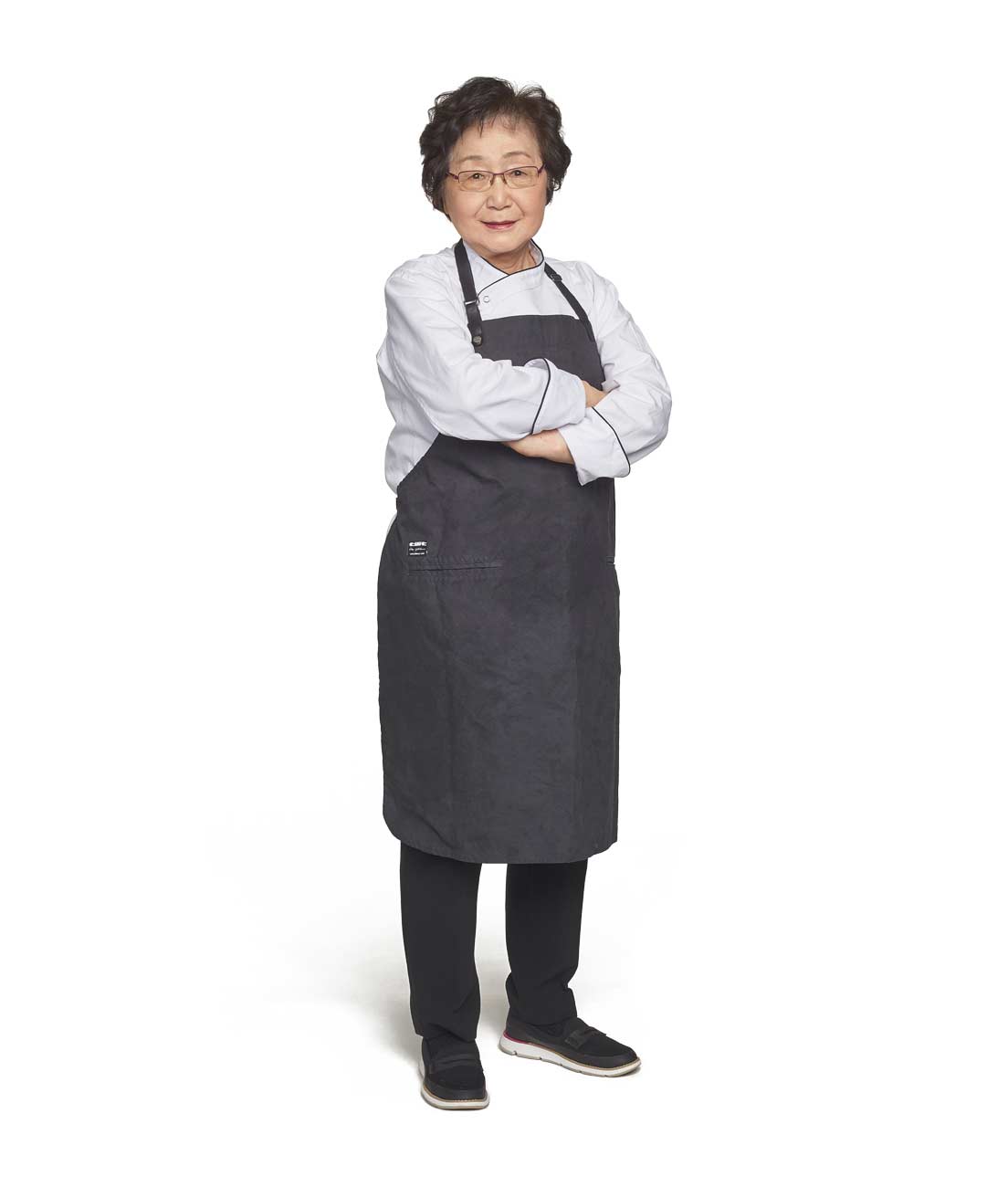
What was your first restaurant job?
I was always cooking at home for friends or for church events, but in the early 1980s, my best friend and I partnered together to run Picca-Deli in Old Town Alexandria. We were a lunchtime deli serving classic sandwiches with roasted meats that we made in our home kitchens and sliced at the deli. My first solo venture was Charlie Chiang’s Kwai in National Airport. I ran that franchise from 1997 to 2006, which is also where I first started to cook Korean food such as bulgogi and bibim bap.
What’s the key to working well with your family?
Brutal honesty and communication. My son, Danny [Lee], and I opened Mandu in 2006. The first year was tough because we had never worked that closely together in such a pressure-filled environment. We were both too afraid to criticize each other and held it in, which caused each of us to eventually explode. We had a serious discussion one day about the future of our business and, more importantly, our relationship. Ever since then, we have openly communicated everything, which really helped us get to where we are now. It’s funny, but opening a restaurant together brought us closer, when most people say the opposite.
How do you treat yourself after a long day of work?
I play the piano. I went to graduate school at the University of Illinois for piano and musical composition, so piano has always been a lifelong passion of mine.
Virginia Ali, 88
Cofounder of Ben’s Chili Bowl on the U Street and H Street corridors
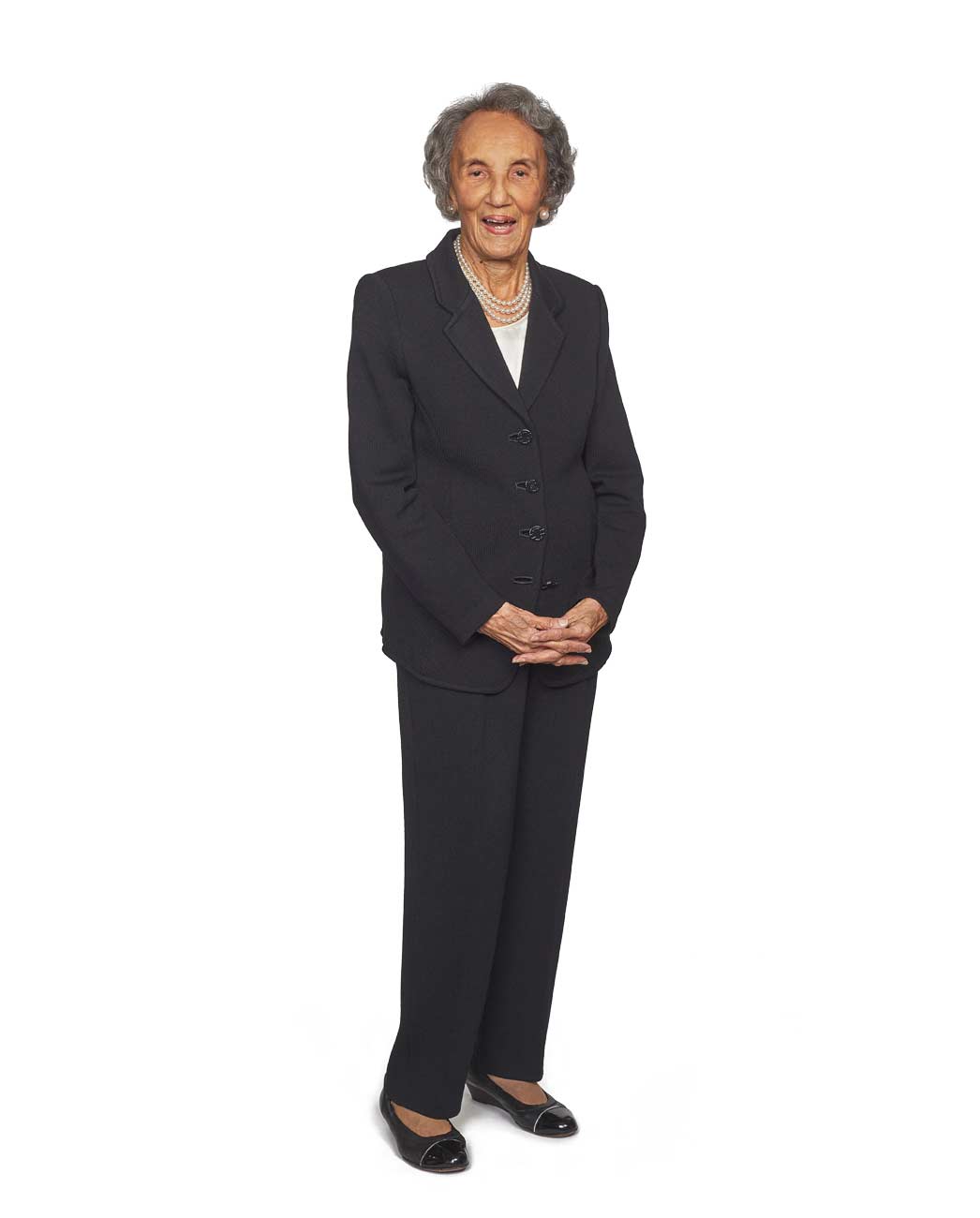
Who inspired you to get into the restaurant business?
My husband [Ben Ali] worked his way through college by working in restaurants. When we were engaged, he wanted to open a little restaurant. I thought it sounded like a good idea. I didn’t have any experience, but I’m a quick learner. I knew we had to find the ideal location. We were under segregation, so we looked at Black Broadway, which is U Street. We thought if we could be near Black Broadway, we’d be doing well. It was considered the entertainment center for African Americans during segregation. Our building was next door to Lincoln Theater. We found everything we need in the community: the architect, the plumber, the electrician. That’s how we were able to get started—and those businesses supported us. You could call the plumber at 3 AM, and he was right there.
What lesson did you teach your kids about running a restaurant?
It’s a commitment. And it’s like your children—no one loves your business the way you love it. Whatever comes along, you have to make it work. If we had to give up our apartment and build a shower in the back of the restaurant, we would do it. We didn’t have to, thankfully.
What’s the key to longevity in a family business?
Longevity comes from serving your community and serving it well. And letting your community know you’re there to support them, just as they’re there to support you—we’ve learned that in 63 years. Imagine going through the civil-rights movement. Dr. King would pop in from time to time. And then in ’68, with the assassination, the community was literally destroyed—no one touched Ben’s Chili Bowl in the looting and burning. People would come in just to support us. We were there long enough to witness the first African American President, and one of his first outings was Ben’s Chili Bowl.
Teresa Velazquez, 58
Chef/co-owner of Baked & Wired in Georgetown and A Baked Joint in Mount Vernon Triangle
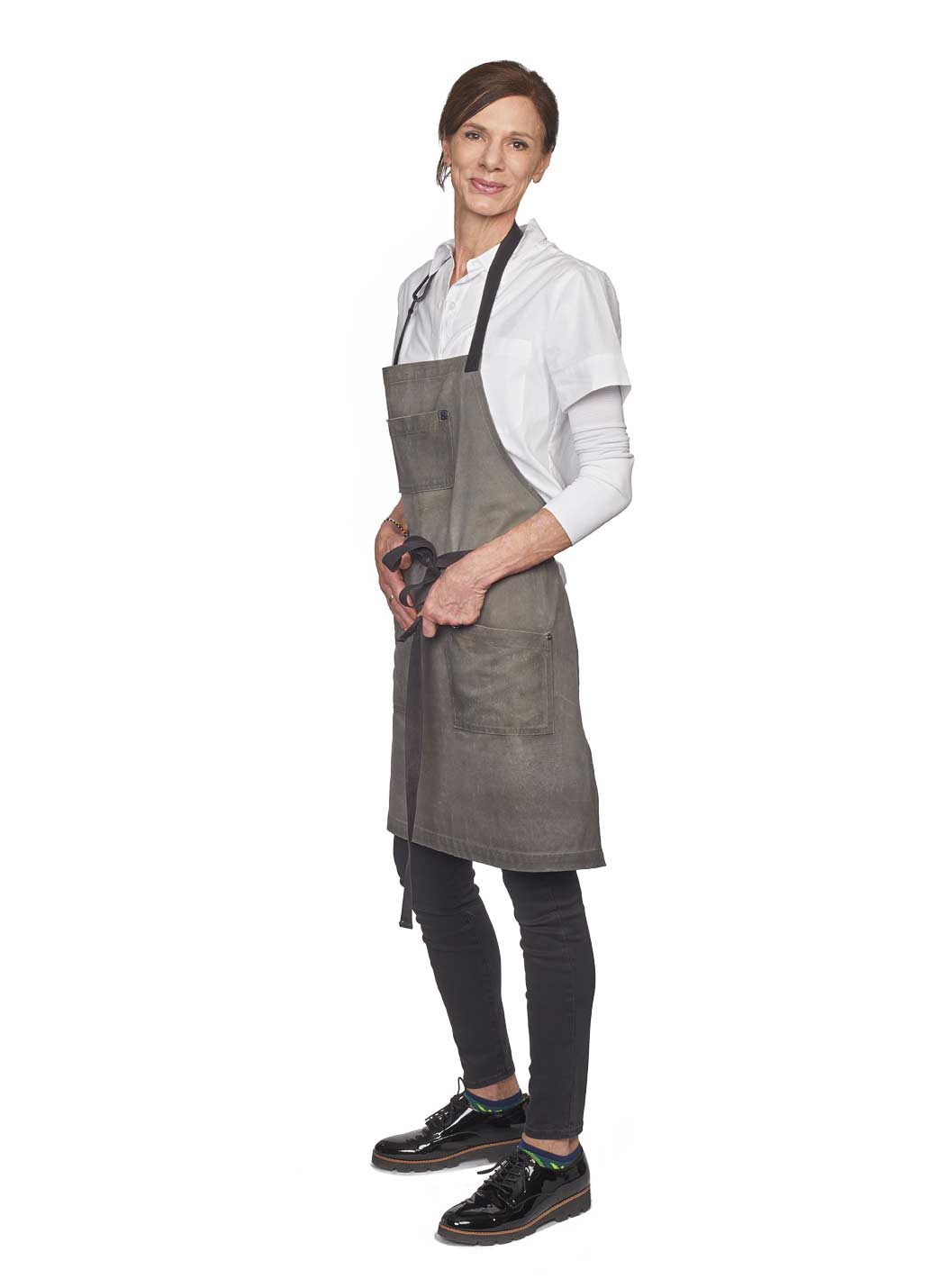
What was your first job in the hospitality industry?
I came from a family where if you wanted something, you had to work for it. At 16 I worked at Taco Bell in a small town outside Columbus, Ohio. It was back when we had to go in and fry the tortillas, season the meat, and shred the cheese. It was very different.
What inspired you to get into the food business?
It came out of a need to revamp myself. In 1985, my husband and I opened a Zap Copies + Communications. It was the first place where you could rent an Apple computer, and pay to send a fax. We did it for quite awhile, but the need declined in the 90s. I was like, now what do I do? I’ve owned my own business since I was 24. I can bake. So I talked to my husband about revisiting a thought we had years before, opening a coffee shop. Since he is an architect by trade it was an easy thing to set in motion. And the rest is history! Baked & Wired opened in April 2001.
What’s the proudest moment of your career?
That our children grew up in this crazy [hospitality] world, went off to college, worked in their fields, and wanted to move back to DC and be part of this company and help us grow beyond where we are. My husband and I wouldn’t have been able to do it alone. The fact that your kids want to work with you is the most amazing thing.
Shamim Popal, 67
Executive chef/co-owner of Lapis in Adams Morgan and Lutèce and the Berliner in Georgetown
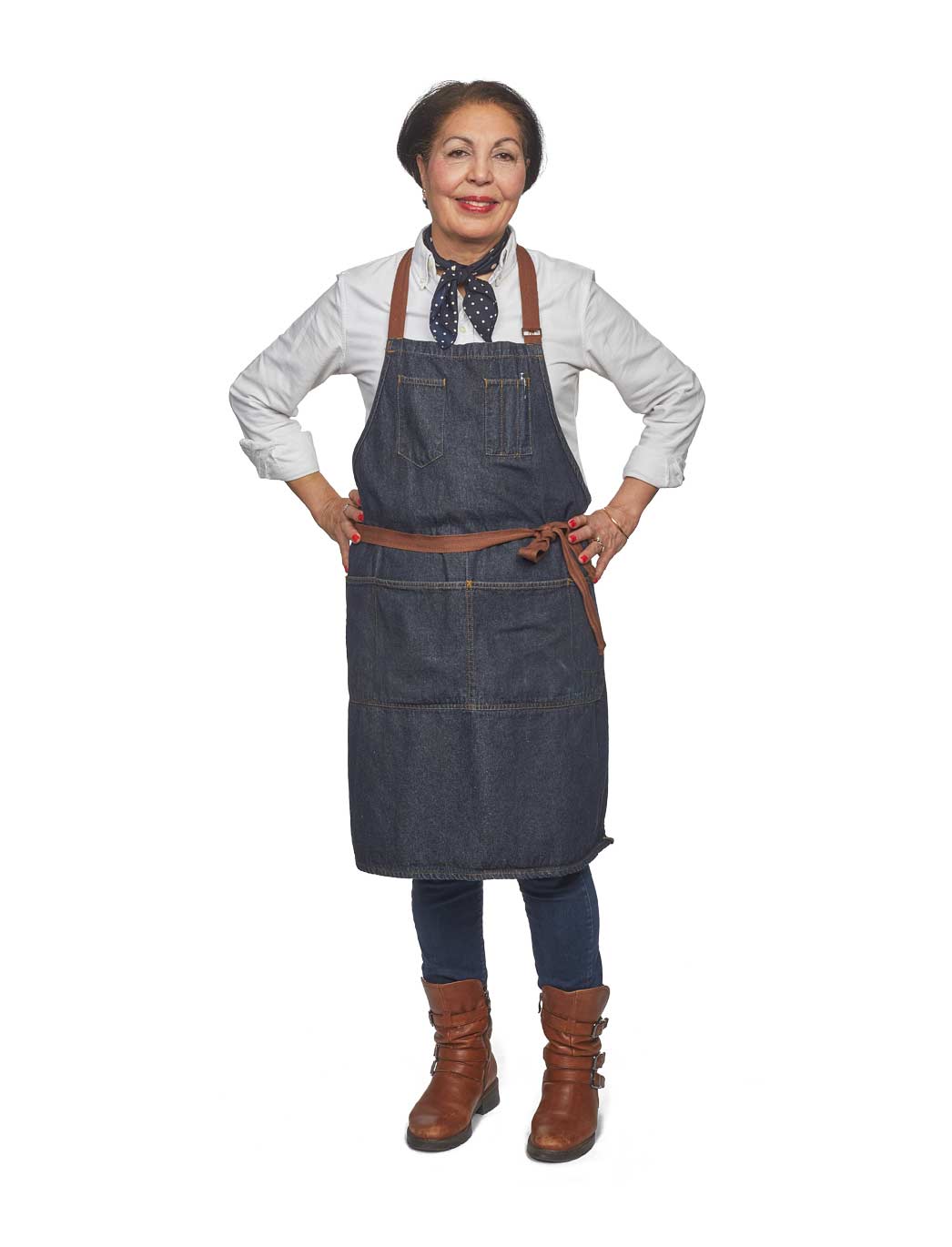
What was your first job in the hospitality industry?
My first job was at our own restaurant, Café Bonaparte [now Lutèce, in Georgetown]. I started to create menus with the family. It was a French restaurant, and people thought I was French too. I’m Afghan, opening a French restaurant. Our children wanted to do a creperie, but we created our own fillings with Afghan spices.
What’s the most important lesson you’ve learned in a family business?
Employees should feel like part of the family—listen to them, take care of them, make them feel like they’re part of us. We have employees who’ve been with us since day one, when we opened Café Bonaparte in July 2003.
What is your proudest moment so far in your career?
I have so many, but especially the time we opened [a restaurant], Café Bonaparte. We were all so nervous, and all so passionate about hospitality. My husband [Zubair Popal] was with Inter-Continental Hotels. When we opened, we saw happy guest and a line outside at brunch. I was so proud. I still feel proud every day.
Seng Luangrath, 52
Chef/co-owner of Thip Khao in Columbia Heights, Hanumanh in Shaw, and Padaek in Falls Church
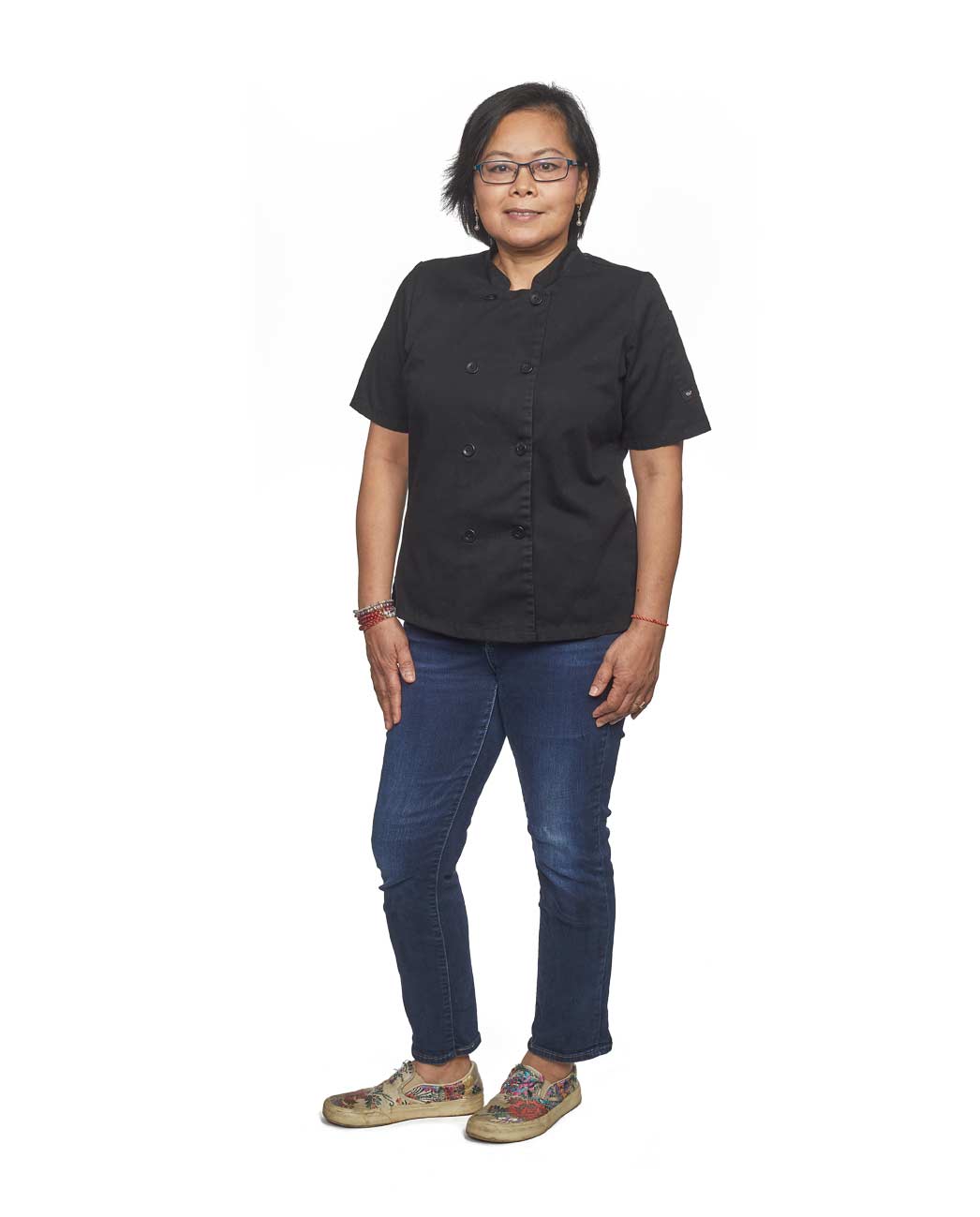
Who are your mentors?
My grandmother taught me how to make simple Lao food at home, while my mother showed me steaming sticky rice. Friends taught me how to make dishes when we were in refugee camps [in Thailand]. Now having my son [chef Boby Pradachith] involved in the business, and really seeing him grow, is a priceless moment for me. If he never joined, the future of our restaurants would not be long.
What lesson would you tell your children that you wish you’d known when starting out?
Learn how to run the business professionally and strategically, as I joined with bare experience.
What is your favorite way to treat yourself after a long day of work?
I like to have my alone time at home with a cup of coffee and hang with our dogs. I like to hike, or go on long walks with my best friend. I believe keeping myself in a small circle of people helps to relax my mind and body.
Jocelyn Law-Yone, 69
Executive chef/co-owner of Thamee in the H Street corridor (which closed as the magazine went to press in January)
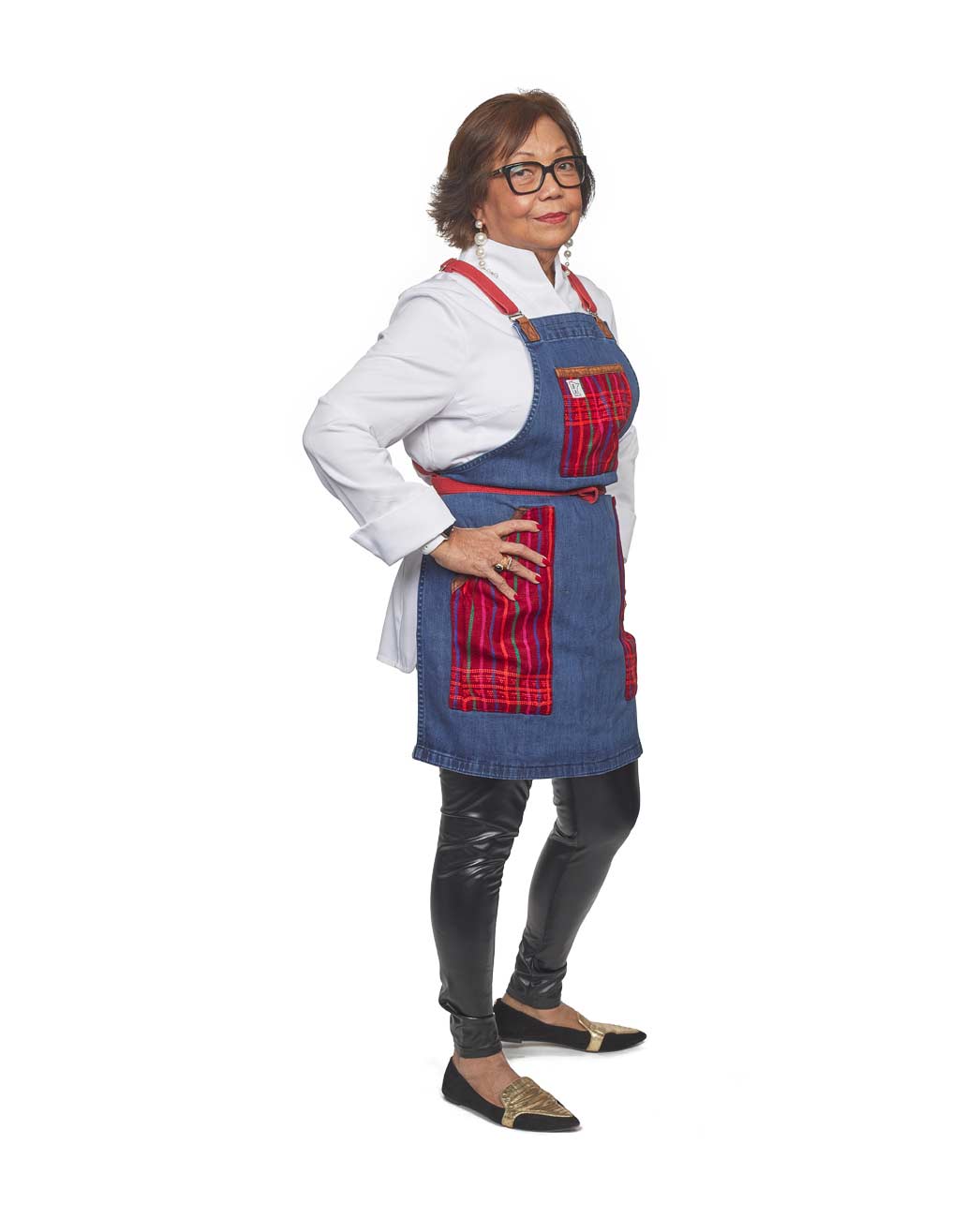
Who taught you how to cook?
I learned by watching cooks from my neighborhood in Burma. Some were so skilled that they could create ten completely different dishes by using the same humble proteins and vegetables—one single pot, one spoon, and an open fire. Although I never mastered techniques, I learned from an early age how to glean flavor from wild herbs, or by starting a small wood fire.
Who inspired you to get into the restaurant business?
My daughter Simone [Jacobson] and I often talked about one day opening a business together. When I retired from teaching [at Duke Ellington School of the Arts in Georgetown], it was the perfect time in our lives to make that dream a reality. We opened Toli Moli with our business partner Eric Wang six years ago, and it was a 100 square-foot falooda stand inside Union Market.
What is the proudest moment of your career?
There is no one moment for me. I am so proud of how Eric, Simone, and I put our heads, hearts, and souls in opening a falooda shop first, a bodega next, and then the only Burmese dine-in restaurant in Washington DC, in such a short time. It has been the hardest job I have ever had, but every single delicious dish, every single content guest, and every compliment the team receives for their hospitality, makes me burst with pride.
Lisa Chang, 61
Chef/co-owner of Peter Chang in Arlington and Rockville, Mama Chang in Fairfax, Q by Peter Chang in Bethesda, and Nihao in Baltimore
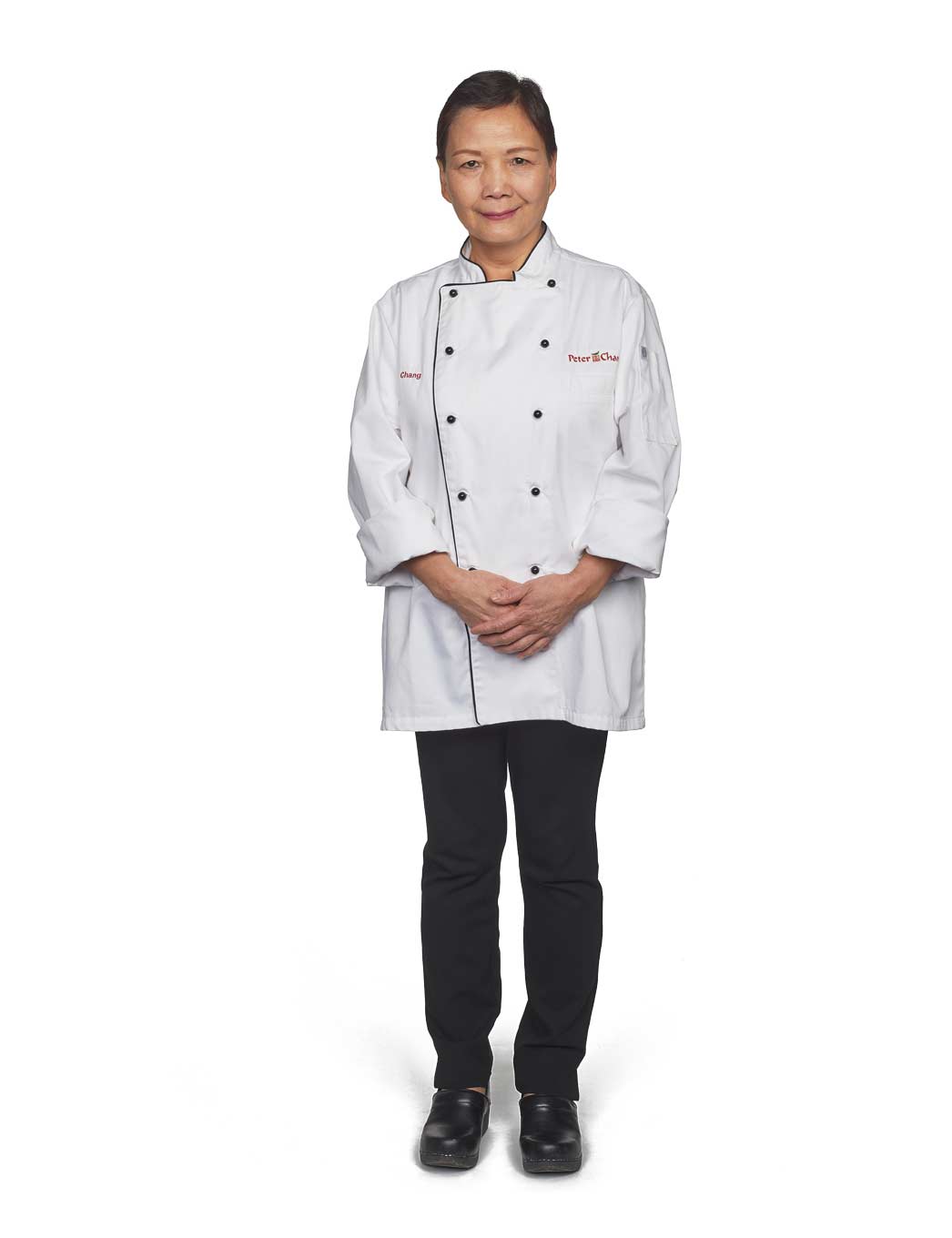
Who taught you how to cook?
Do you have a signature dish on the menu?
The scallion bubble pancake and the tofu-skin salad. When I see customers’ eyes light up as the food’s served, it brings me the most joy—feeding them nutritious Chinese dishes that I enjoy eating and cooking, and sharing my passion with them.
What is the proudest moment of your career?
This article appears in the February 2022 issue of Washingtonian.

